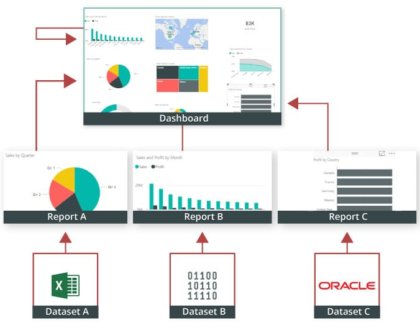The Value of Historical Reporting

by
Companies always want to do better, and managers are constantly looking for ways to streamline processes and increase efficiency. Yet, if you’re not tracking where you’ve been, it can be hard to set goals in terms of where you’d like your team to go.
Historical data
The phrase “historical data” isn’t that hard to define. Put simply, it’s a collection of data that outlines past circumstances and events. These types of reports can tell you how your sales team was performing during the market crash of 2008. It can tell you how your sales team fared when you launched product X, or how your bottom line was impacted when you started to use custom-built sales and pipeline management software.
Remember, historical data doesn’t need to be old to be valuable. You may find that there are historical data points from earlier this year that are worth referencing.
Data storage needs to be maintained
A recent study found that up to 40 percent of the capacity on 3,000 business storage infrastructures hadn’t been referenced in the past month. If you take an inventory of your machines and your software, can you pinpoint a time in the past year that your organization’s data was referenced? If you can’t, you’re missing out on some incredible opportunities to put that data to good use.
Historical data can provide you with comprehensive metrics
Earlier this month we talked about the value of a well-built business intelligence dashboard. Well, historical reporting is an integral part of that. Historical data can also help ensure that your team members have access to the types of data they need to be successful.
When you have access to this information, you’ll be able to gain valuable insights as to where your team has been and how your team has been performing, which will allow you to make informed decisions about goals for the future.
If your company is interested in increasing overall efficiency and team performance, you need to harness your historical data.
If your data isn’t structured, you won’t be able to use it to make informed decisions. If your historical data isn’t being used (or managed), you’ll be missing out on a wealth of information that could be used to help increase both efficiency and output.
At Pathways International we have years of experience in helping our clients accomplish these very types of goals. For more information on how we can help you harness the power of your historical data, call our office today at 720-662-7454 to learn more.




